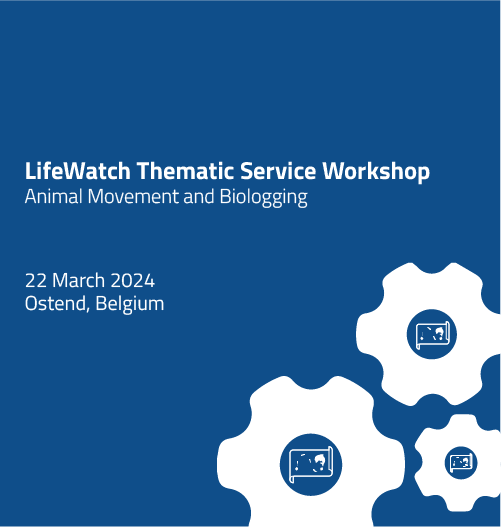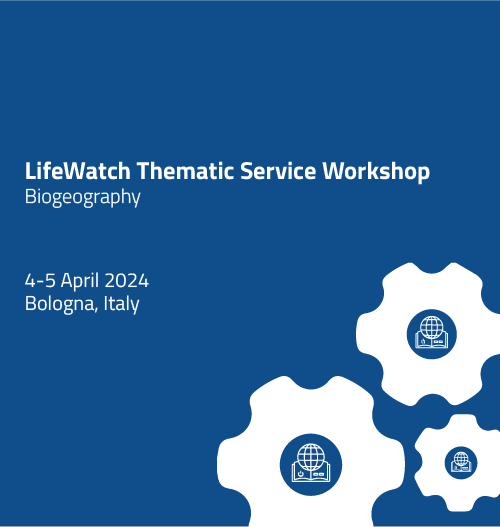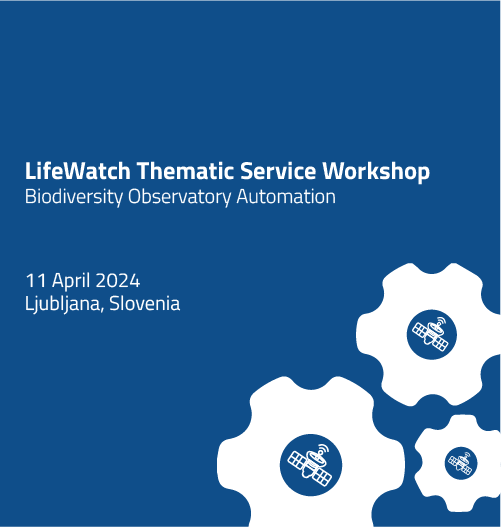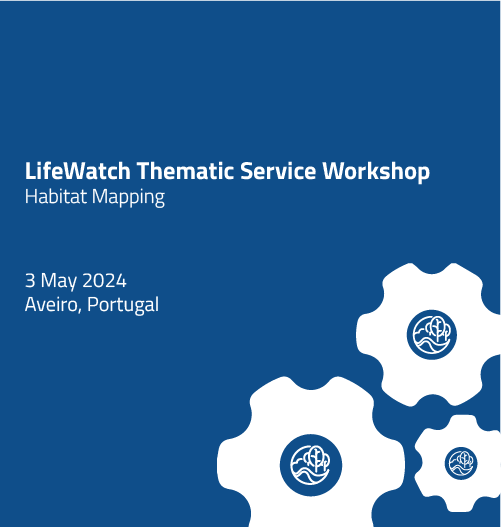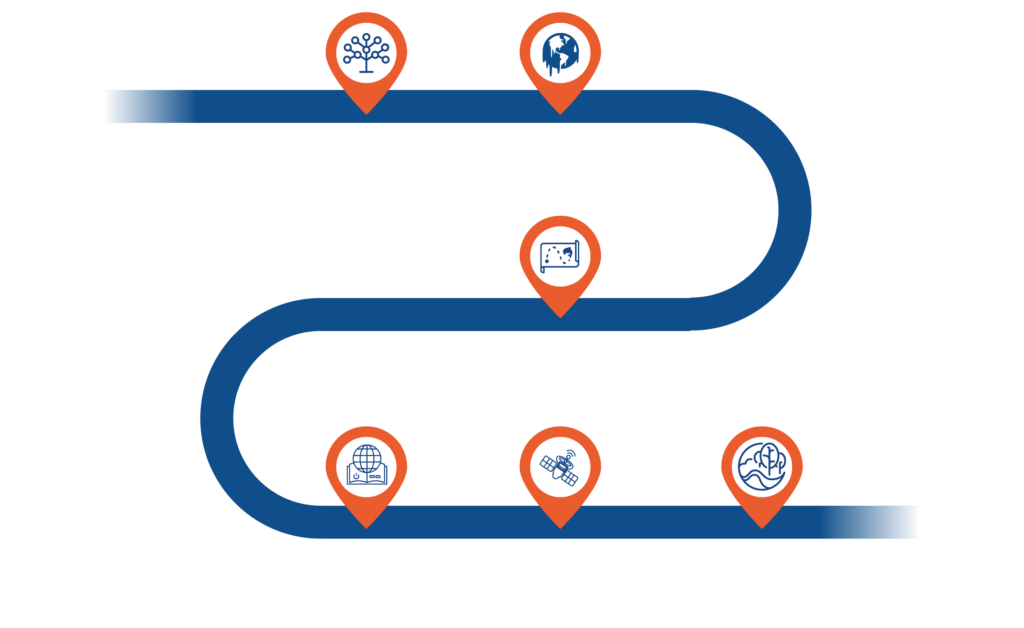09:00 – 09:10 | Greetings from Slovenian hosts – Tanja Pipan and Andreja Ramšak (LifeWatch-SI)
09:10 – 09:30 | Presentation of Thematic Core Services (TCS) – Alberto Basset (LifeWatch ERIC Service Center)
09:30 – 10:10 | Invited talk: Ecosystem Virtual research environment: from data FARIfication to digital twins – Zhiming Zhao (University of Amsterdam)
10:10 – 10:25 | Talk: Challenges to Implement Darwin Core Meta Data Standard within GeoNetwork portals – Magdalena Năpăruş-Aljančič, Žan Kafol and Tanja Pipan (Karst Research Institute ZRC SAZU)
10:25 – 10:40 | Talk: Case study: Landscape features and biodiversity in agroecosystem – Danijel Ivajnšič and Nataša Pipenbaher (University of Maribor)
10:40 – 11:20 | Invited talk: Using high-throughput species discovery with robots and Nanopore sequencing to overcome taxon biases in biodiversity science – Rudolf Meier (Museum of Natural History, Berlin)
11:20 – 11:30 | Coffee break
11:30 – 12:10 | Invited talk: Environmental DNA and DNA metabarcoding for biodiversity monitoring and assessment – Gentile Francesco Ficetola (Università degli Studi di Milano, Department of Environmental Science and policy)
12:10 – 12:25 | Talk: Use of drones for various purposes – Hubert Potočnik (University of Ljubljana)
12:25 – 12:40 | Talk: Camera traps and citizen science App for biodiversity monitoring – Luka Duniš, Žiga Velkavrh and Elena Bužan (University of Primorska)
12:40 – 13:00 | Debate
13:00 – 14:00 | Lunch break
14:00 – 14:30 | Invited talk: LIFE NarcIS – NAtuRe Conservation Information System in Slovenia – Rok Havliček (Slovenian Environment Agency)
14:30 – 14:45 | Talk: Next-generation multi-modal monitoring of Rana arvalis in Slovenia – preliminary results – David Stanković, Sara Strah, Mojca Vek, Mariana Carreira Santos, Mladen Avramović and Jernej Polajnar (National Institute of Biology, University of Aveiro, University of South Bohemia)
14:45 – 15:00 | Talk: Acoustic and vibrational biodiversity monitoring – Jernej Polajnar and Rok Šturm (National Institute of Biology)
15:00 – 15:20 | Coffee break
15:20 – 16:00 | Invited talk: Presentation of the LifeWatch Belgium observatory services – Klaas Deneudt (VLIZ)
16:00 – 16:15 | Talk: Novel approaches to surveying habitat types and organisms on the seabed – Lovrenc Lipej, Borut Mavrič (National Institute of Biology, Marine Biology Station Piran)
16:15 – 16:55 | Invited talk: Estimating structural diversity of forests using national remote sensing data – Anže Martin Pintar and Mitja Skudnik (Slovenian Forestry Institute)
16:55 – 17:15 | Coffee break
17:15 – 17:45 | Workshop, moderated debate
17:45 – 18:00 | Conclusions and Wrap-up
